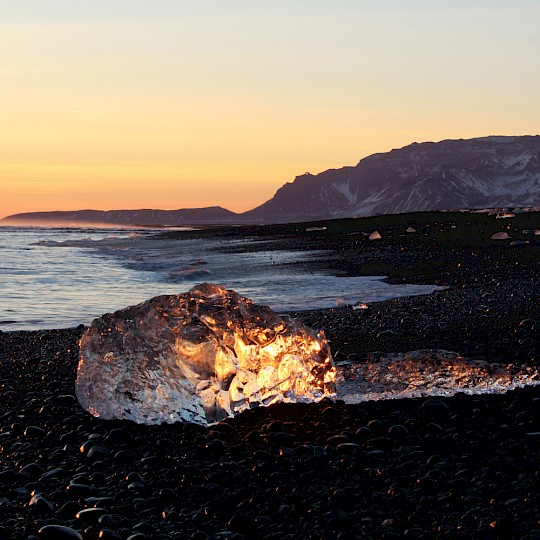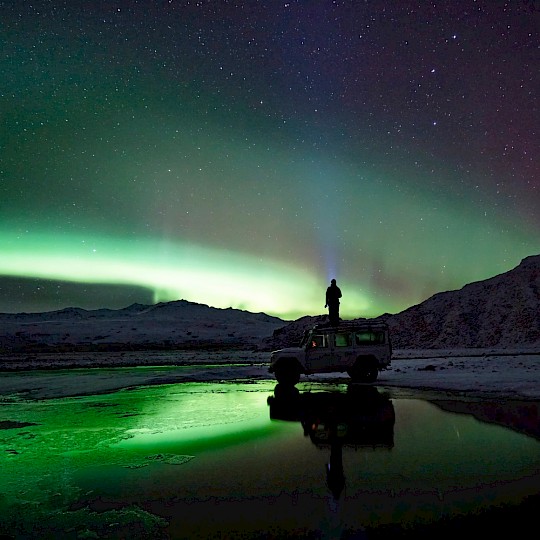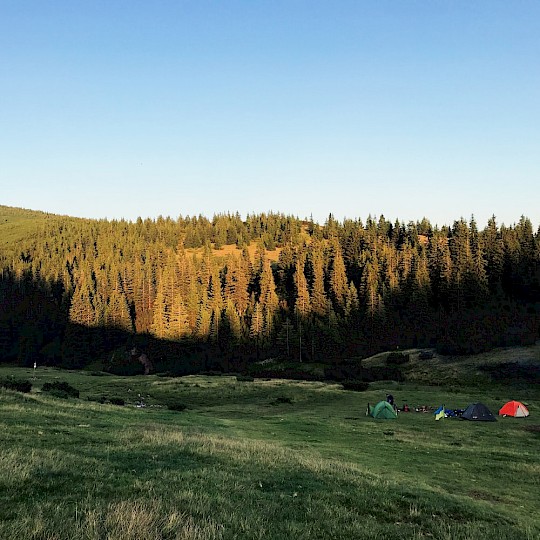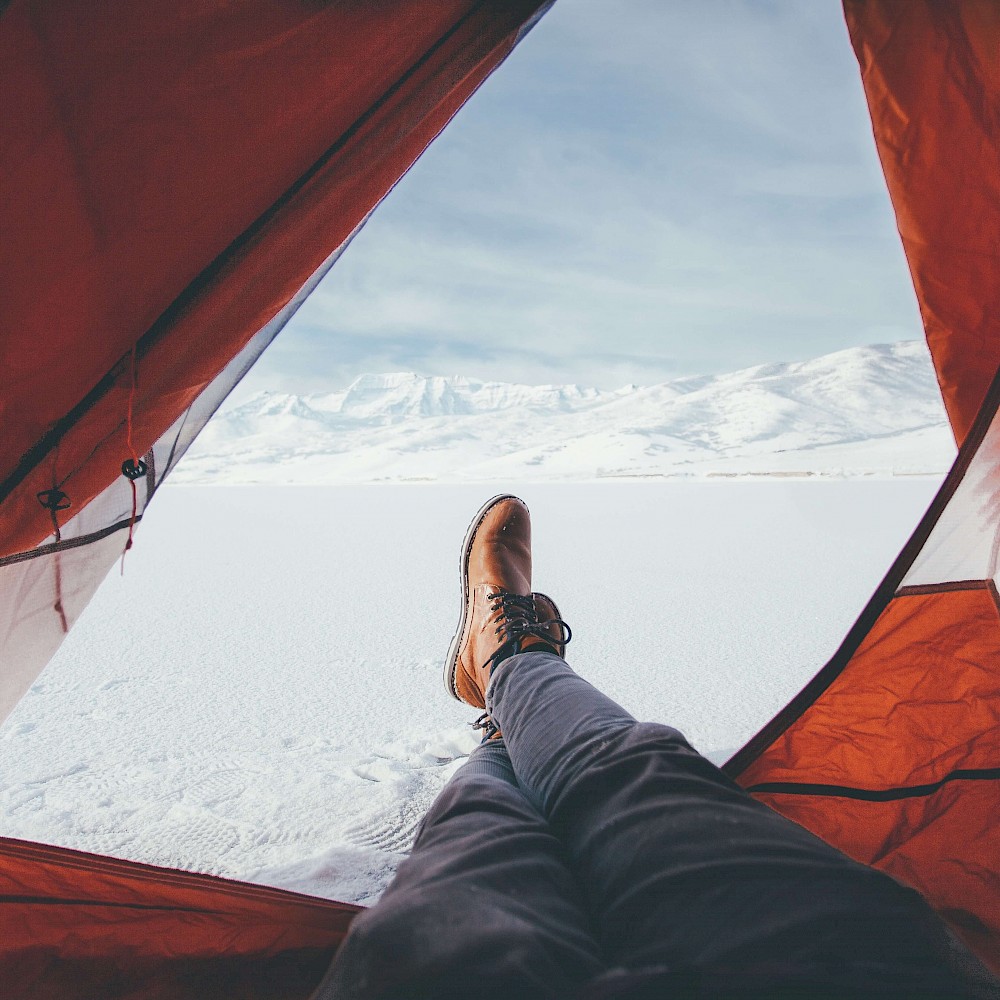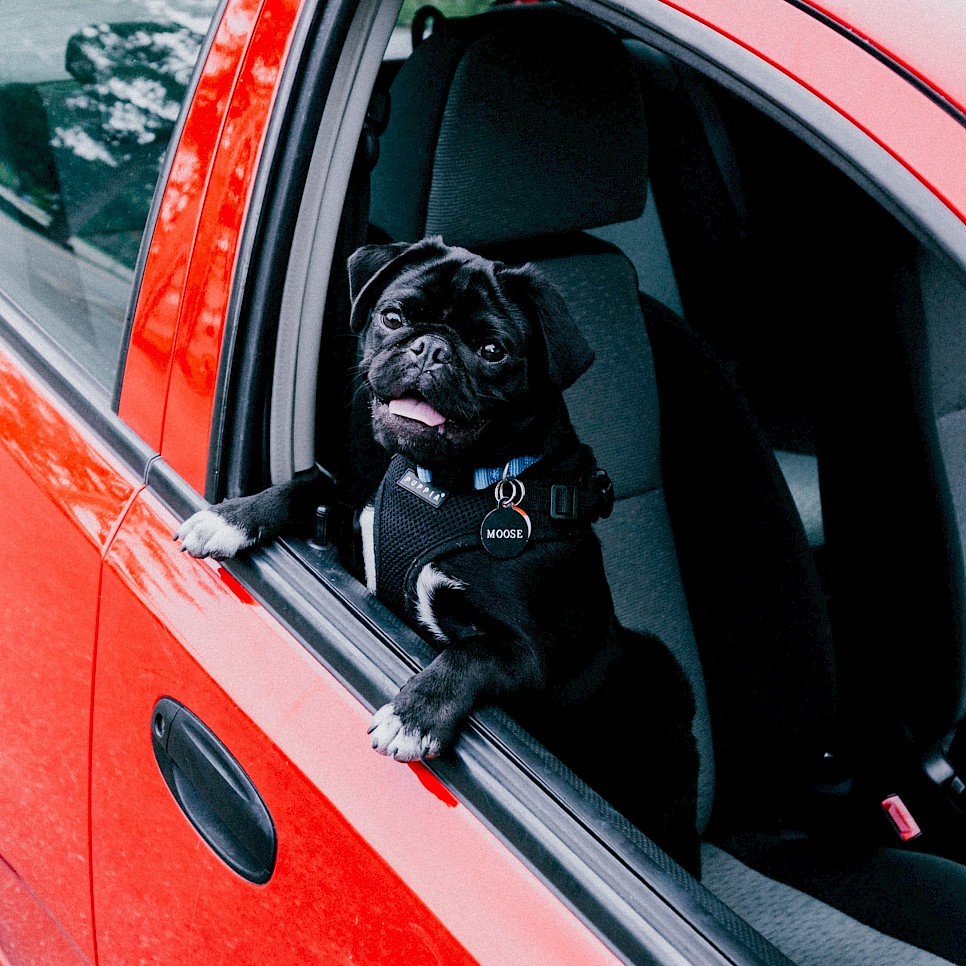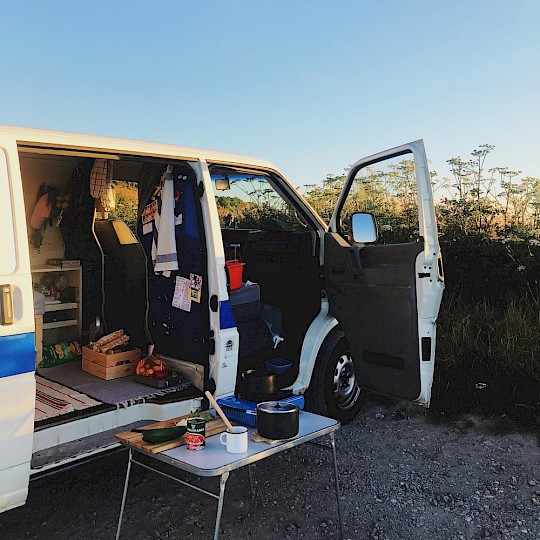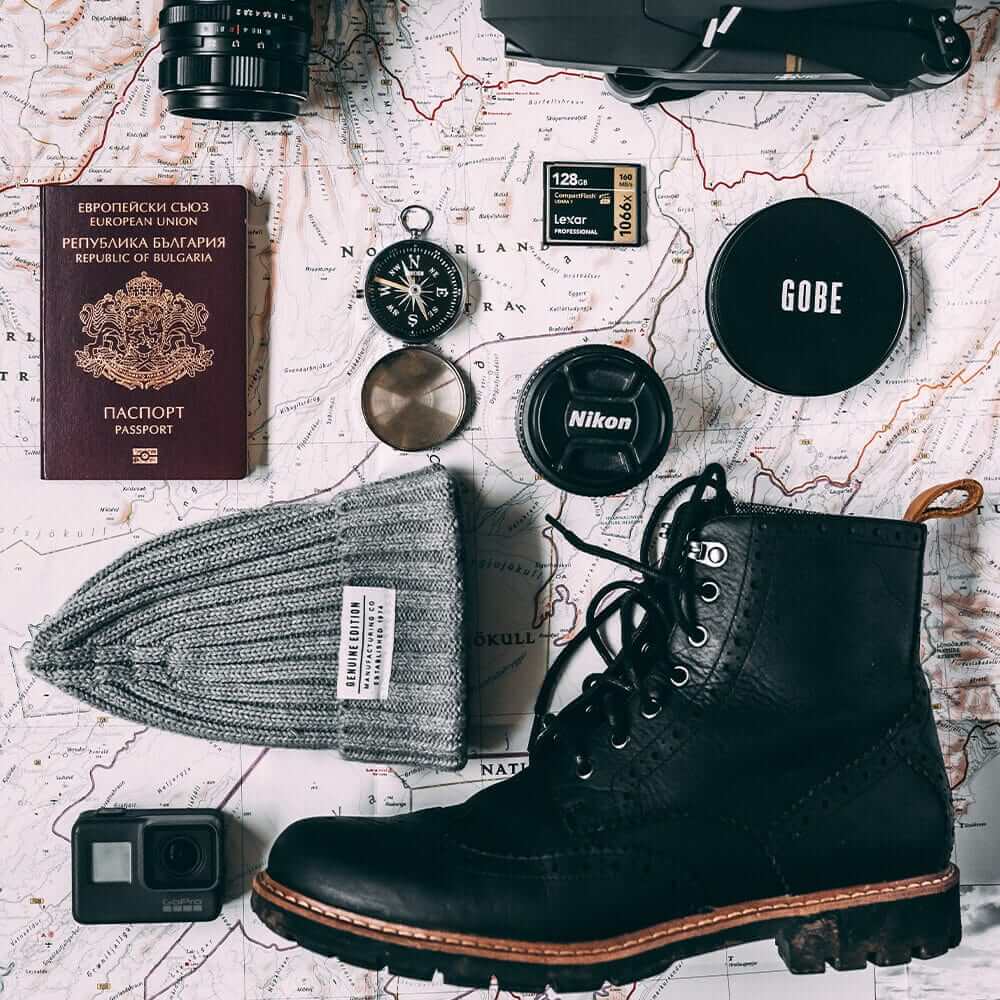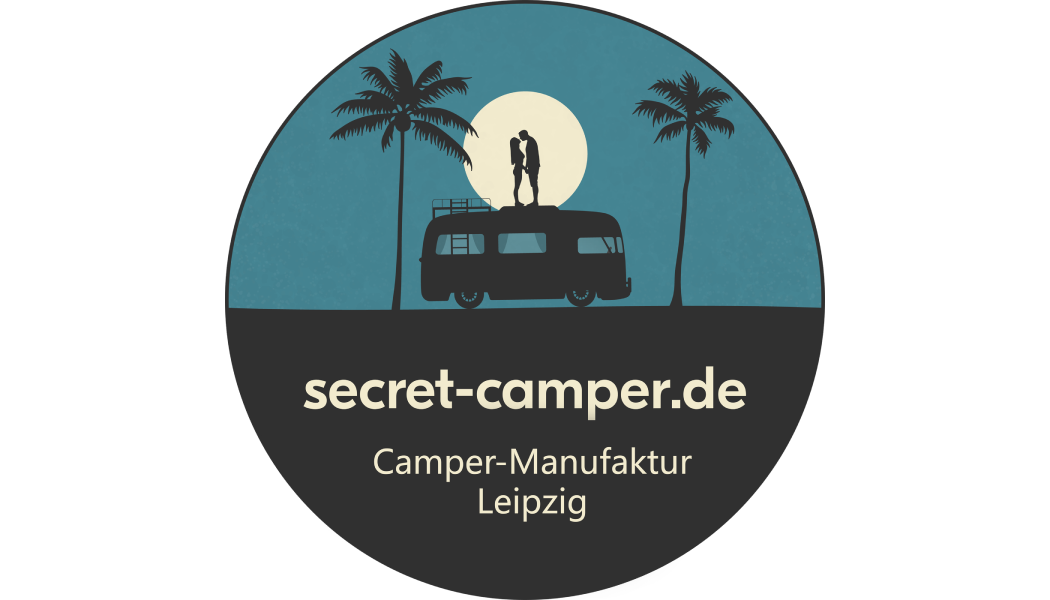Fact #1 - More sheep than inhabitants
With just 330,00 inhabitants, Iceland is not a very populous country. With 460.00 sheep there are even more of this livestock on the island than people.
Fact #2 - Thermal springs
If you have been traveling through Iceland for a few days and are cold you can warm up in one of the 170 thermal springs on Iceland.
Fact #3 - The Flag
The mountains, the volcano fire, and the glaciers. So striking for the Icelanders that they determine the colors of the flag: blue, red and white.
Fact #4 - Elves
In Iceland, there is an ivory commissioner who ensures that no elves are disturbed when new construction projects begin. If this is the case, the road will be moved, for example.
Fact #5 - Trolls and Rock People
Even though about 80 percent of the population believes in elves, most Icelanders doubt the existence of trolls and rock people.
Fact #6 - Islendinga
"Islendinga" is an app developed in Iceland. Here you can enter data and find out the relationship between two Icelanders. The reason? Avoid dates with too close relatives.
Fact #7 - Icelandic cuisine for the first time
Burger King and McDonald's are not sought in Iceland, the two fast food companies have closed their branches in Iceland due to high costs.
Fact #8 - Icelandic cuisine for the second time
Fermented Greenland shark or also called Gammelhai, ox testicles with dip and braised sheep's head, these are some of the delicacies from Iceland.
Fact #9 - Crime
The crime rate in Iceland is the lowest in the world, which is why the police here do not need firearms, they only carry pepper spray and rubber truncheons.
Fact #10 - Per capita
Thanks to their small number, Icelanders are at the top of per capita comparisons in many respects, such as cola consumption, Nobel Prize winners or tractors.




